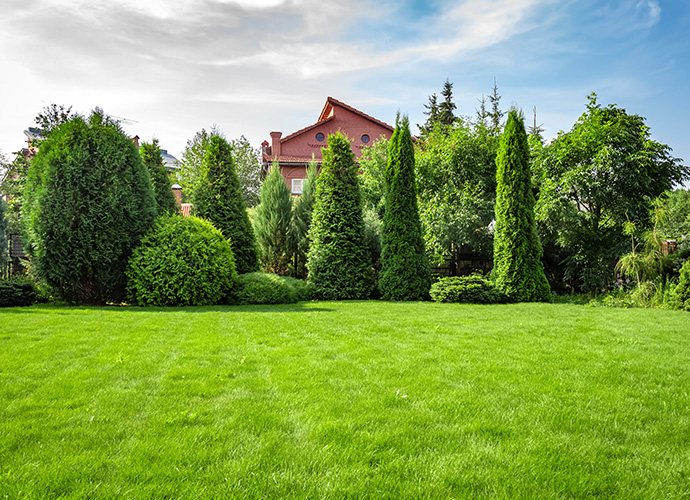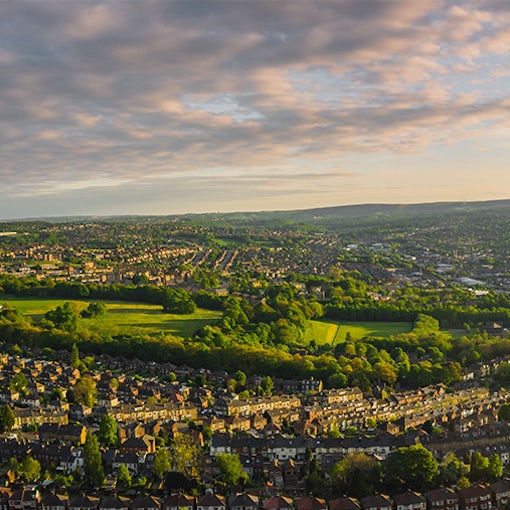Gardens are a cherished element of British homes. They provide a place to relax, entertain, and enjoy the outdoors. However, finding the right balance between maintaining an open garden atmosphere and ensuring privacy can be challenging. In this article, we’ll explore various options to enhance your garden’s privacy and make your outdoor space more secure and serene.

Fencing – The First Line of Defence
Fencing is the most common form of garden privacy, and rightfully so. It’s practical, effective, and there are countless styles to choose from. However, it’s essential to understand how high your fence can be without requiring planning permission.
According to the Bristol Fencing Services, the legal height of a garden fence or wall that’s not bordering a highway is up to 2 metres (approximately 6’6”). For fences adjacent to a highway, the limit is 1 metre (approximately 3’3”). Always check with your local council for specific guidelines, as these can vary slightly across the country.
When choosing a fence, consider materials that suit your garden style. Close board fencing offers a solid barrier for privacy, while lattice-style panels can allow light to filter through, creating a more open feeling.
Hedges – A Natural Alternative
If you’re looking for a softer, more natural barrier, hedges can be an excellent choice. A well-maintained hedge can be as effective as a fence for privacy. Plus, hedges can provide a home for wildlife, add greenery, and help reduce noise pollution.
Commonly used hedging plants include privet, beech, and yew, all of which are dense and can grow quite tall. It’s worth noting, however, that unlike fences, hedges require regular maintenance to keep them looking tidy and in good health.
Screening Plants – A Greener Approach
For those who wish for an even greener approach, screening plants can offer a beautiful solution. These plants grow tall and fast, providing a dense green screen that enhances privacy. Bamboo is a popular choice for its speed of growth and exotic appeal. It’s also available in clumping varieties, which can help prevent it from spreading too widely.
According to the Royal Horticultural Society, other suitable screening plants include elder, hornbeam, and leyland cypress. Each of these has its unique charm and advantages, so take time to research which would work best in your garden.
Arbours and Pergolas – Adding Vertical Interest
Arbours and pergolas are structures that can add a vertical dimension to your garden, providing privacy and a place for climbing plants to grow. While not offering full privacy, they can obscure the view into your garden from neighbouring properties, especially when combined with climbing plants like roses, clematis, or wisteria.
Creating Privacy through Design
Consider your garden design as a whole to maximise privacy. Use elements like raised beds, trellises, or garden sculptures to block views. Position seating areas away from prying eyes and use shrubs and trees to create private ‘garden rooms’. Even a strategically placed parasol can add an element of privacy.
Creating a private, secure garden space is an art that combines practicality with aesthetics. With a bit of planning and creativity, you can turn your garden into a private oasis, regardless of its size or location.
Remember, while the height limits and plant recommendations mentioned in this article are generally applicable, local guidelines and conditions can vary. So, always cross-check with your local council or a professional gardener for specific advice tailored to your garden.
As an estate agent, we’ve seen the transformative power of a well-designed, private garden on a property’s appeal. So, whether you’re enhancing your current home or preparing a property for sale or letting, investing time and thought into garden privacy can yield enjoyable and potentially profitable results.
Good luck with your garden transformation!






